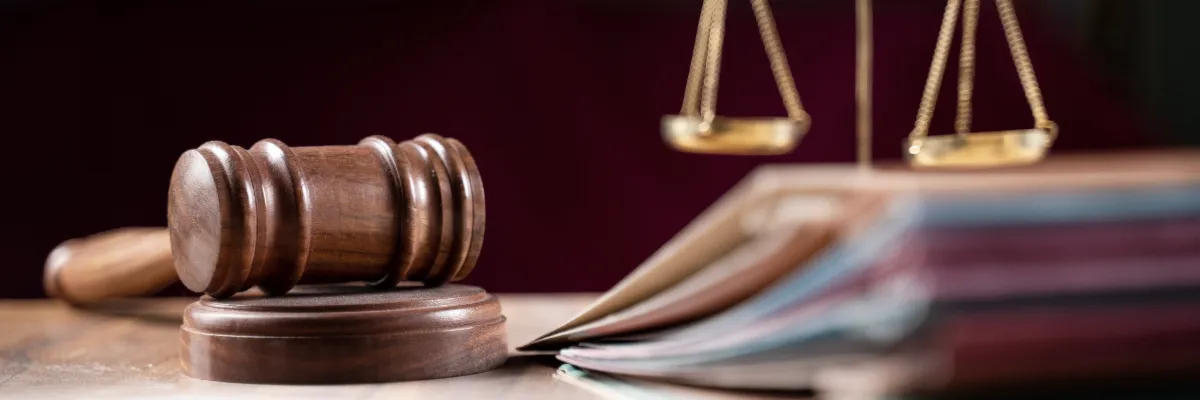Hong Kong Court of Final Appeal validates ‘No Consent Regime’ to ‘freeze’ accounts

The Hong Kong Court of Final Appeal ruled on 10 April that the issue of ‘Letters of No Consent’ (LNCs) by the Commissioner of Police (CP), which prevent the release of suspicious funds to bank customers, was a lawful procedure.
In Tam Sze Leung & Ors v Commissioner of Police [2024] HKCFA 8, section 25(1) of the Organised & Serious Crimes Ordinance (Cap. 455) (OSCO) imposes an obligation on a person who knows or has reasonable grounds to believe that property represents the proceeds of crime to report such knowledge or suspicion to the police.
OSCO section 25A(2)(a) further grants immunity from criminal liability if there is prior reporting under section 25A(1) and consent of the police is obtained in advance.
Following investigations by the Hong Kong Securities & Futures Commission (SFC), the appellants came under suspicion of having received proceeds from offences of market manipulation in their bank accounts. The SFC passed on the information to the police who then wrote to three of the banks to inform them of the investigation against the appellants.
The police requested these banks to file suspicious transaction reports in accordance with their reporting duties under section 25A(1). They also indicated that they would issue LNCs signifying that they would not consent to the release of the funds in the accounts to the banks’ customers.
The banks filed the STRs with the police and the Head of the Joint Financial Intelligence Unit then issued LNCs, which resulted in the freezing of 12 accounts. Ten months later, the Secretary for Justice obtained a court order restraining the banks from dealing with the appellants’ funds pending proceedings against them.
The appellants applied for judicial review of the CP’s decision to share the police suspicions with the banks, to issue the LNCs and to refuse consent to the banks unfreezing their funds. They argued that the CP had acted beyond or misused its lawful powers and had also infringed their property and other constitutional rights.
On 30 December 2021, the Court of First Instance upheld aspects of the appellants’ challenge on ultra vires and constitutional grounds, finding that the No Consent Regime effectively operated as a “secret, informal and unregulated asset freezing power” of the police.
Reversing this decision in April 2023, the Court of Appeal upheld the validity of the No Consent Regime but later granted the appellants leave to appeal to the Court of Final Appeal on four questions of law as to whether the CP’s practice involving police communications with banks and the issue of LNCs followed by the freezing of the appellants’ accounts was lawful.
As well as challenging whether the No Consent Regime was ultra vires and whether the LNCs were issued for an improper purpose, the appellants challenged whether it complied with the constitutional requirements for protection of their fundamental rights:
- To property under Arts. 6 and 105 of the Basic Law.
- To private and family life under Art. 14 of the Hong Kong Bill of Rights.
- To access legal advice and to fair hearing under Art. 35 of the Basic Law and Art. 10 of the Hong Kong Bill of Rights.
The Court of Final Appeal held unanimously that the CP’s actions were not ultra vires and did not constitute any misuse of police power. The communications with the banks fell within the duties and powers of the police under the Police Force Ordinance (Cap. 232) to prevent crime and to protect property.
Moreover, the disabling or freezing of the accounts was not performed by the police, but by the banks in compliance with their own legal duties under OSCO and the Anti-Money Laundering & Counter-Terrorist Financing Ordinance (Cap. 615), as well as regulatory obligations laid down by the Hong Kong Monetary Authority.
It was therefore not sustainable to allege that the police actions had infringed any of the constitutional rights relied on by the appellants. The appeal was unanimously dismissed.
